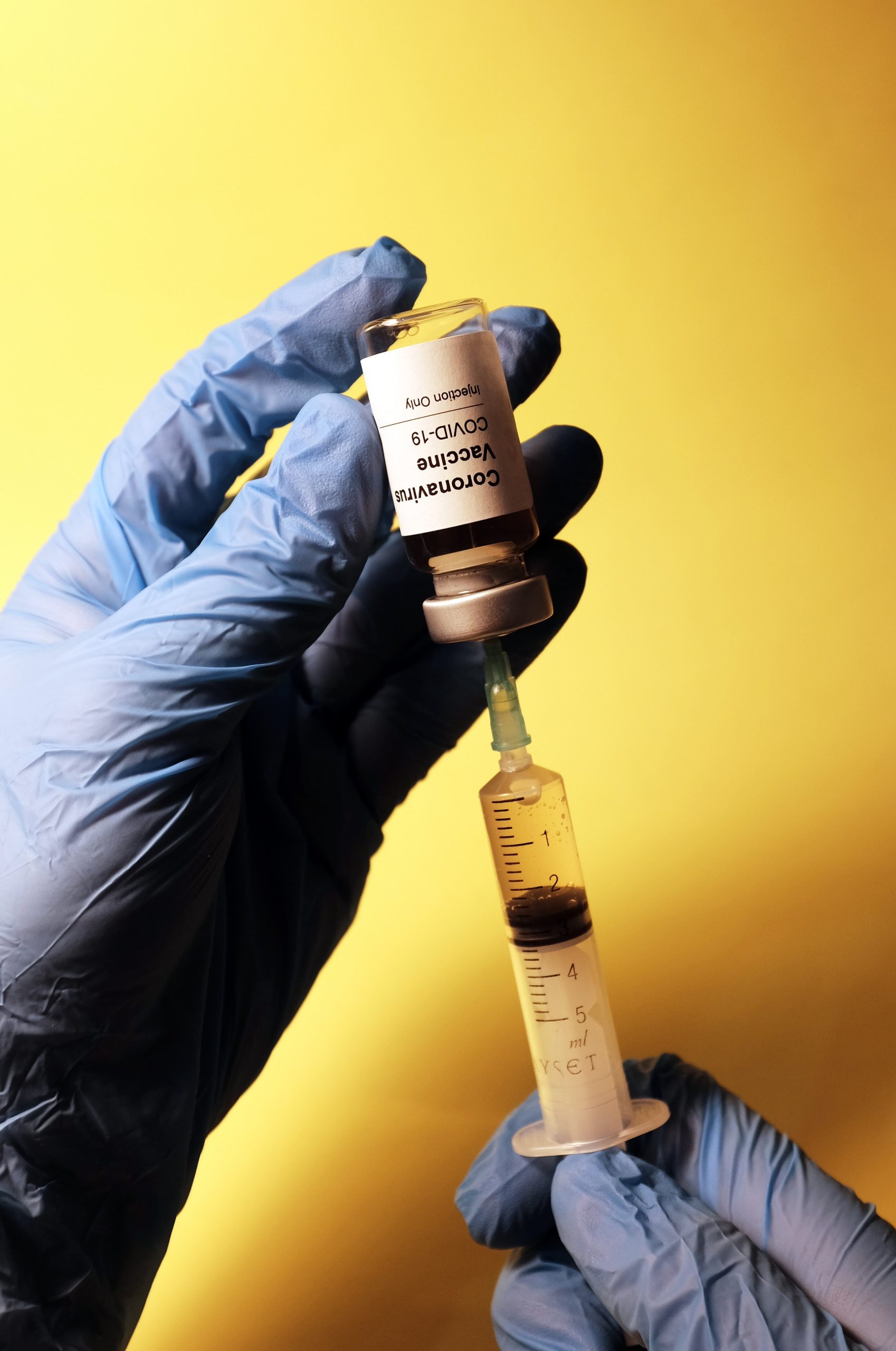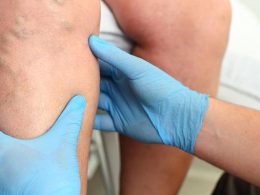As the world continues to grapple with the COVID-19 pandemic, researchers are uncovering more about its impact on our health beyond just respiratory symptoms. One such area of interest is tinnitus – a condition characterized by ringing or buzzing in the ears. Reports have emerged suggesting that COVID-19 may be linked to an increased risk of developing tinnitus, leaving many wondering if there’s a connection between this mysterious virus and the ear condition. In this blog post, we’ll explore what we know so far about COVID-19 and tinnitus, as well as whether vaccines can offer any relief for those suffering from this frustrating symptom. So let’s dive in!
What is tinnitus?
Tinnitus is a condition that affects the ears, causing a ringing, buzzing, or hissing sound that can be heard in one or both ears. It’s estimated that up to 15% of people experience tinnitus at some point in their lives, and for many, it can be a persistent and frustrating symptom.
Tinnitus isn’t actually a disease itself – rather, it’s often a sign of an underlying issue with the ear such as age-related hearing loss, exposure to loud noise over time, or even certain medications. In some cases though there may not be any obvious cause.
For those who experience severe tinnitus symptoms on an ongoing basis the impact on quality of life can be significant. Sleep disturbances and difficulty concentrating are common issues experienced by sufferers. While treatment options do exist depending upon the severity and underlying causes of each individual case they vary from person-to-person
What is the relationship between COVID-19 and tinnitus?
As we continue to learn more about COVID-19, it’s becoming increasingly clear that the virus can affect many different parts of the body. One area that has received a fair amount of attention is the ears and hearing. Specifically, some people who contract COVID-19 may experience tinnitus – a ringing or buzzing in the ears.
So what is the relationship between COVID-19 and tinnitus? At this point, researchers aren’t entirely sure. It’s possible that tinnitus could be caused by inflammation in the ear caused by the virus. Alternatively, it could be related to changes in blood flow or nerve function as a result of infection.
It’s worth noting that not everyone with COVID-19 will experience tinnitus – in fact, most won’t. However, for those who do develop this symptom, it can be quite distressing and impact quality of life.
As with many aspects of COVID-19, there is still much we don’t know about how exactly it affects the body – including its impact on tinnitus specifically. That said, continued research into this topic could help us better understand both conditions moving forward.
Can vaccines help prevent or treat tinnitus?
There has been limited research on the relationship between COVID-19 vaccines and tinnitus. However, some studies suggest that vaccines may potentially help prevent or treat tinnitus.
The Pfizer-BioNTech vaccine was found to be effective in reducing the risk of hearing loss associated with contracting COVID-19. This is significant because hearing loss is a common symptom reported by individuals who develop severe cases of COVID-19.
Moreover, vaccines can help reduce inflammation and improve blood flow, which are potential underlying causes of tinnitus. Inflammation can damage the auditory nerve and cause abnormal activity in the brain’s auditory system leading to tinnitus.
While it’s still unclear whether receiving a COVID-19 vaccine can directly prevent or treat tinnitus, getting vaccinated could minimize your risk of developing complications from the virus that may lead to this condition. It’s important to note that more research is needed in this area before any definitive conclusions can be made.
It’s crucial for individuals experiencing symptoms of tinnitus to seek medical attention promptly regardless of their vaccination status.
What else can be done to prevent or treat tinnitus?
While there is no single cure for tinnitus, there are several strategies that can help manage the symptoms of this condition.
One approach is to identify and avoid potential triggers. For example, excessive noise exposure can worsen tinnitus, so it’s important to protect your ears from loud sounds by wearing earplugs or reducing the volume on electronic devices.
Stress reduction techniques such as meditation and yoga may also be helpful in managing tinnitus symptoms since stress has been linked to an increase in perceived tinnitus intensity.
Some people find relief through sound therapy methods like white noise machines or hearing aids that emit a low-level background noise. This technique aims to mask the ringing or buzzing sound associated with tinnitus by providing another auditory stimulus.
In addition, dietary changes have been shown to improve some cases of tinnitus. Reducing salt intake may help lower blood pressure which can contribute to worsening of symptoms. Some studies also suggest that increasing consumption of antioxidant-rich foods like fruits and vegetables could reduce inflammation levels in the body which may alleviate some types of tinnitus.
While treatment options for tinnitus are limited, implementing lifestyle changes such as avoiding triggers, reducing stress levels and incorporating diet modification alongside traditional medical interventions might provide much-needed relief for sufferers.
Conclusion
The relationship between COVID-19, tinnitus, and vaccines is still being researched by medical experts. While there have been reported cases of tinnitus as a symptom of COVID-19, it is unclear if the virus directly causes the condition. Additionally, while vaccines may help prevent or treat COVID-19, there is not enough evidence to suggest that they can effectively prevent or treat tinnitus.
However, there are steps individuals can take to reduce their risk of developing tinnitus. These include protecting hearing from loud noises and using earplugs in noisy environments. If you experience persistent ringing in your ears or other symptoms commonly associated with tinnitus, seek medical attention right away.
As research on these topics continues to develop and more information becomes available about the relationship between COVID-19, tinnitus, and vaccines; we will update our readers accordingly. In the meantime, it’s important for everyone to prioritize their overall health and wellbeing by following recommended safety guidelines during this pandemic.










